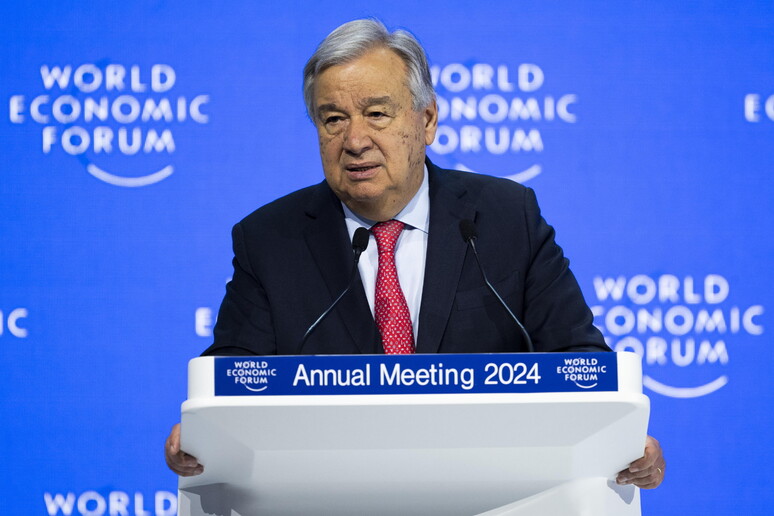Powerful tech companies are already
pursuing profits from artificial intelligence (AI) with a
reckless disregard for human rights, personal privacy, and
social impact, the UN Secretary General Antonio Guterres has
said.
In his speech to the annual meeting of the World Economic Forum
in Davos, Switzerland, on Wednesday, Guterres drew a parallel
between the "existential threats" posed by climate change and AI
development "without guardrails", highlighting the lack of "an
effective global strategy to address both".
AI has "enormous potential for sustainable development, but the
International Monetary Fund has just warned that it is very
likely to worsen inequality", explained Guterres, referring to
the report published by the international financial
organization ahead of the Davos meeting.
According to the IMF, AI will impact 60% of jobs in advanced
economies, compared to 40% in emerging markets and 26% in
low-income countries.
The risk, the report points out, is that the development of the
new technology will increase the gap between rich and poor
countries and amplify wage inequalities, with large increases in
income for only some categories of workers who already earn high
wages.
Consequently, Guterres' appealed to governments to work
"urgently" with tech companies on "risk management frameworks
for current AI development; and on monitoring and mitigating
future harms".
The UN Secretary General also stressed the need for "a
systematic effort to increase access to AI so that developing
economies can benefit from its enormous potential".
"We need to bridge the digital divide instead of deepening it,"
said Guterres.
ALL RIGHTS RESERVED © Copyright ANSA











